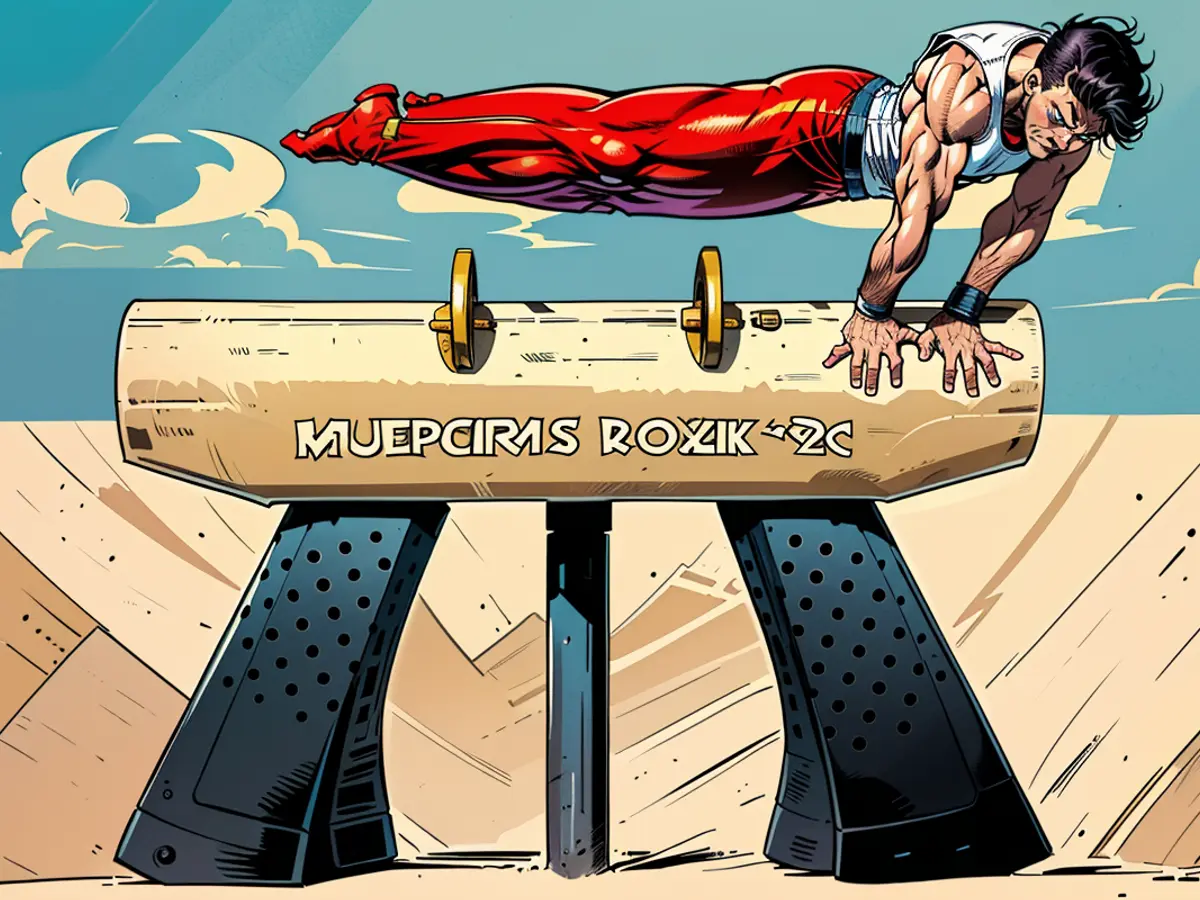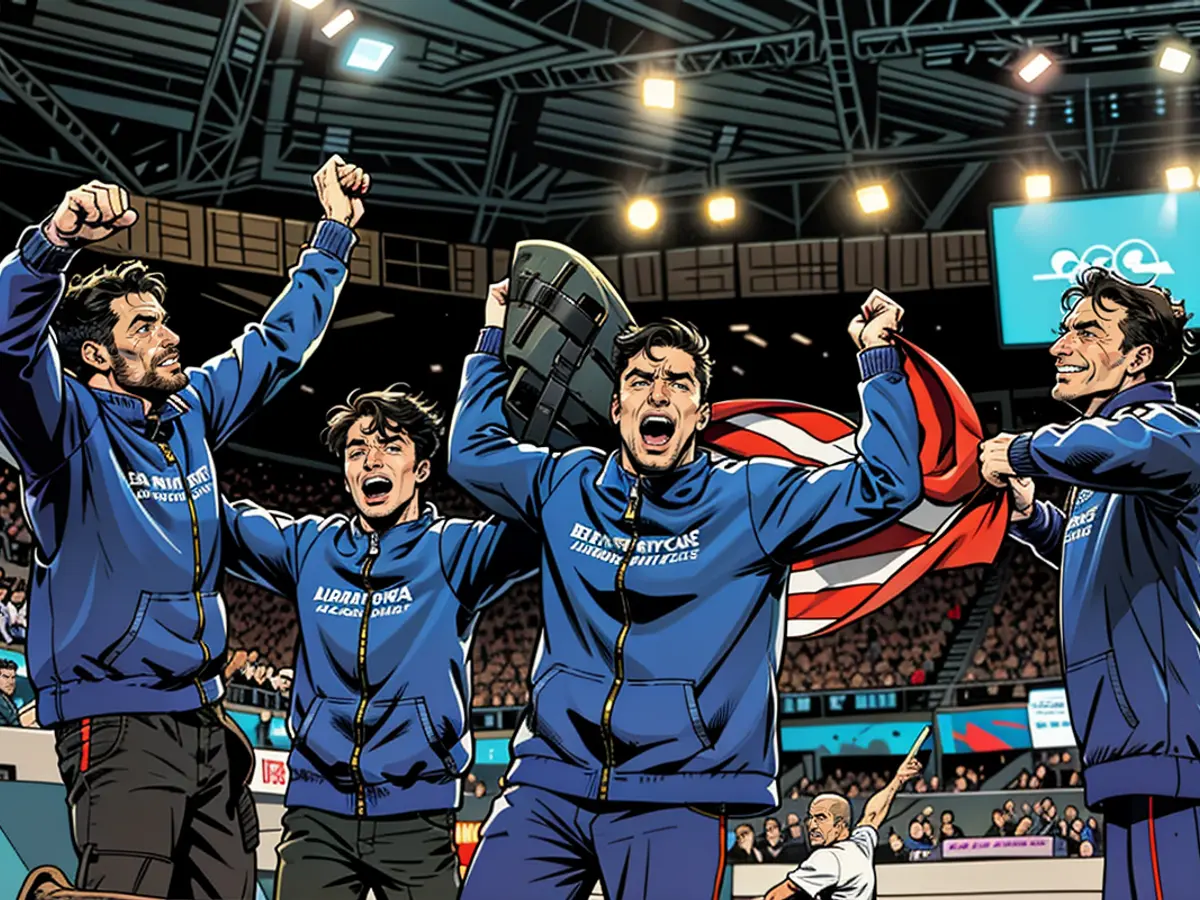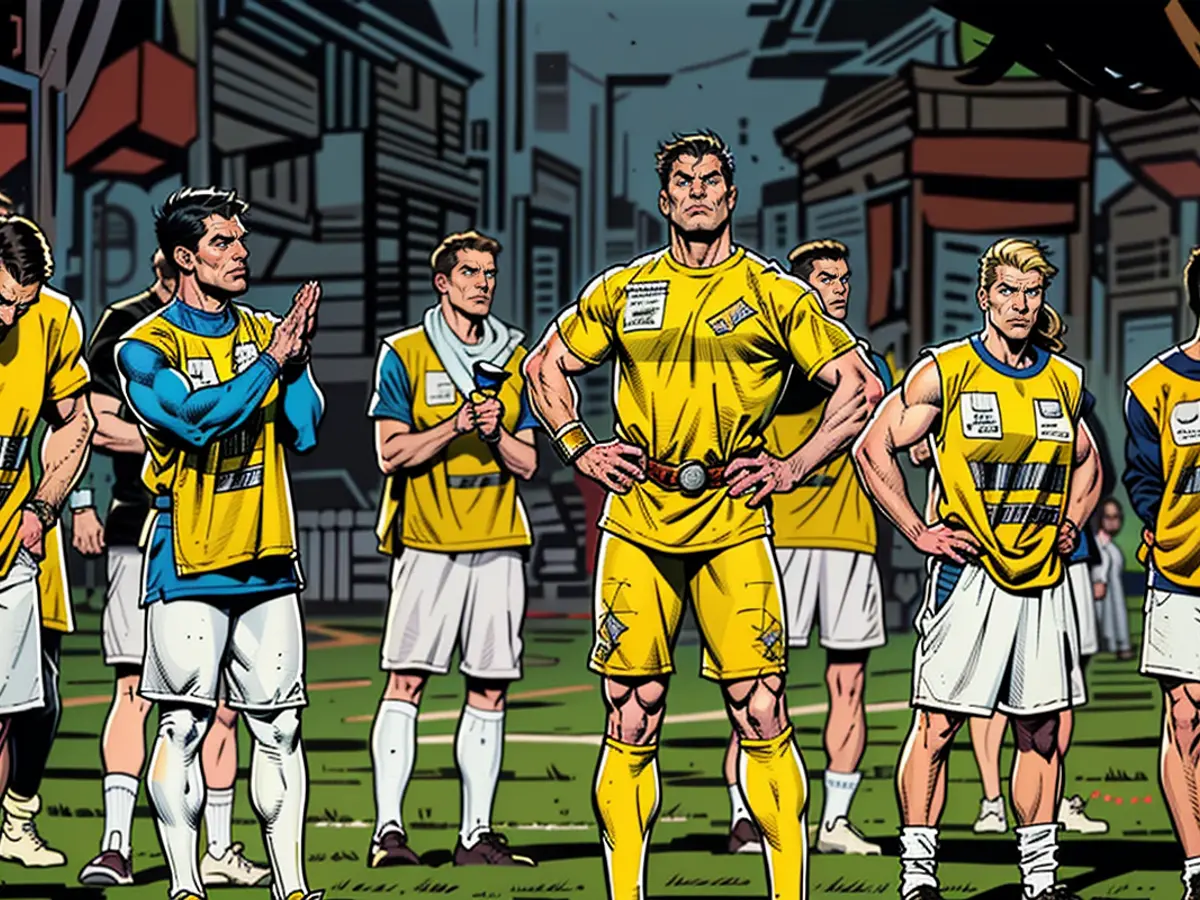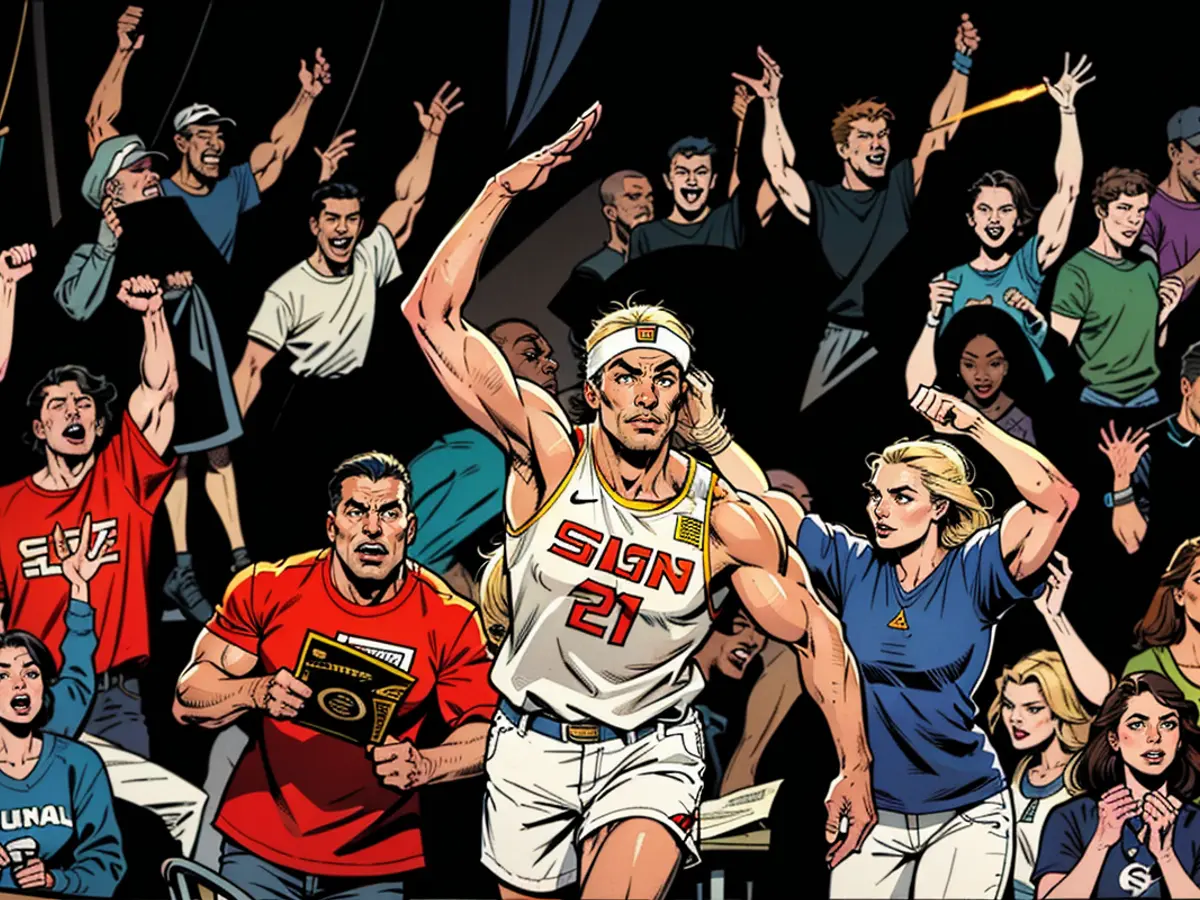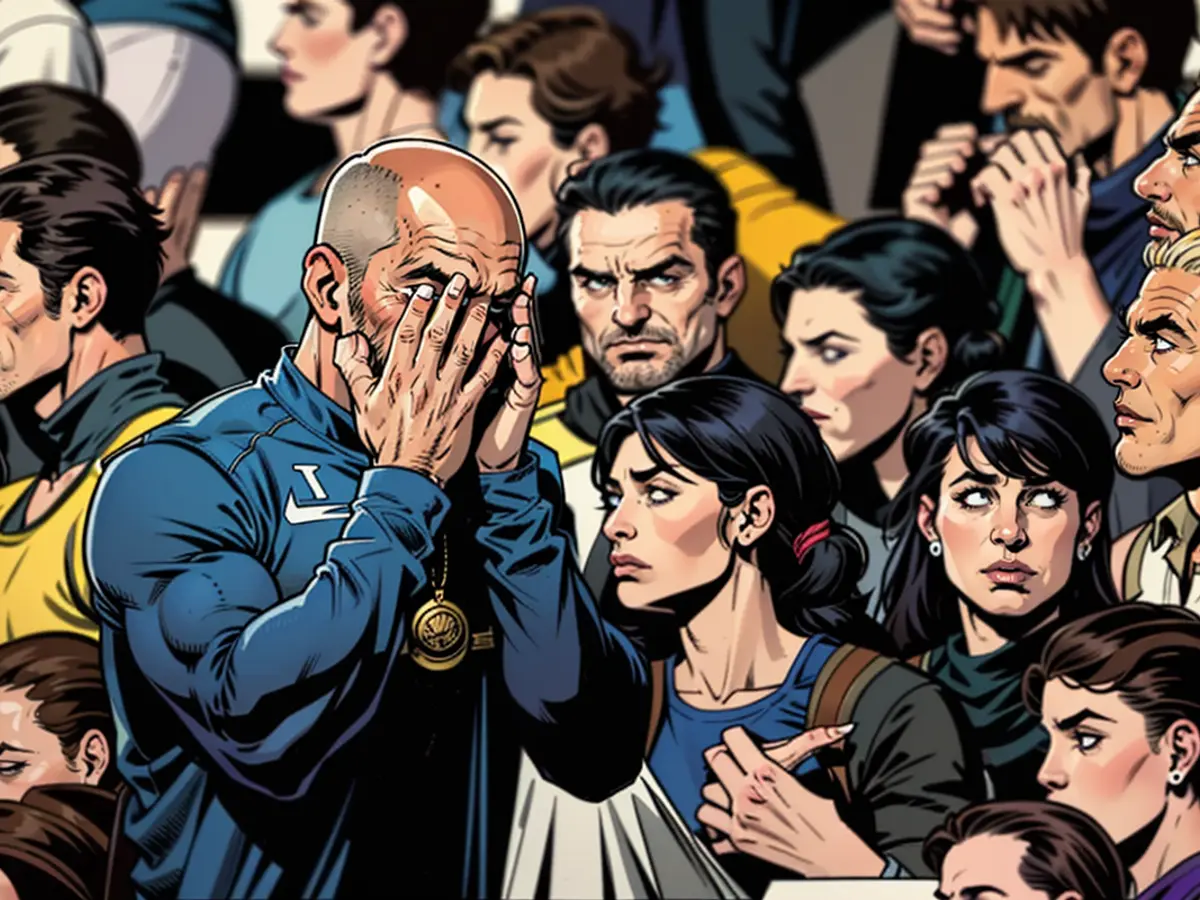The triumph at the Paris Olympics has sparked optimism among men's college gymnastics coaches regarding the sport's prospective growth.
The United States' display at the Paris Olympics, comprised entirely of athletes from NCAA institutions, has stirred optimism among college coaches. The Olympic team featured individuals from Stanford, University of Michigan, Penn State, and the University of Minnesota's discontinued program. These athletes accounted for a substantial portion of the current active programs, which numbered 15, with 12 being Division I and three Division III.
The numbers were initially drastically lower. William & Mary had announced its intention to discontinue its team after the 2020-21 season but later reversed its decision a few months later.
Another development in the sport occurred in the fall of 2021 when Simpson College and Greenville University announced they would be establishing men's gymnastics programs. This was an unprecedented move, as no new teams had been added in over 60 years.
Penn State Head Coach Randy Jepson was thrilled about this development, stating, "That was incredibly exciting. We hadn't added teams for 60 years, and so to see that momentum come in terms of the addition of teams was really exciting."
Simpson College and Greenville University, both Division III institutions with approximately 1,000 students each, are not deterred by the size discrepancy with Division I schools like the University of Michigan with 50,000 students. As Simpson's Head Coach Colin Payne put it, "We’re not worried about the fact that Michigan has a better gym than us. We’re gonna go out there and we’re going to do the best gymnastics we can do."
Gymnastics encourages this kind of mindset due to its nature, Payne explained, "There’s no defense in gymnastics, right? There’s nothing I can do about the other guy’s routines. All of our athletes can only control themselves, their routines, and what they’re going to do on the competition floor."
Simpson and Greenville serve as a beacon of hope for the sport's future. Despite their short existence, these smaller programs have already shown competitiveness against Division I teams. At the end of the previous season, Greenville even ranked higher than William & Mary and Army.
However, luck alone does not guarantee a program's survival. Eleven programs that had once won national championships no longer exist. Winning is not a guarantee of longevity, but financial support often is. Generally, few sports besides football and basketball generate profit, but the NCAA is in a new era due to name, image, and likeness (NIL) deals and the treatment of student-athletes more like employees.
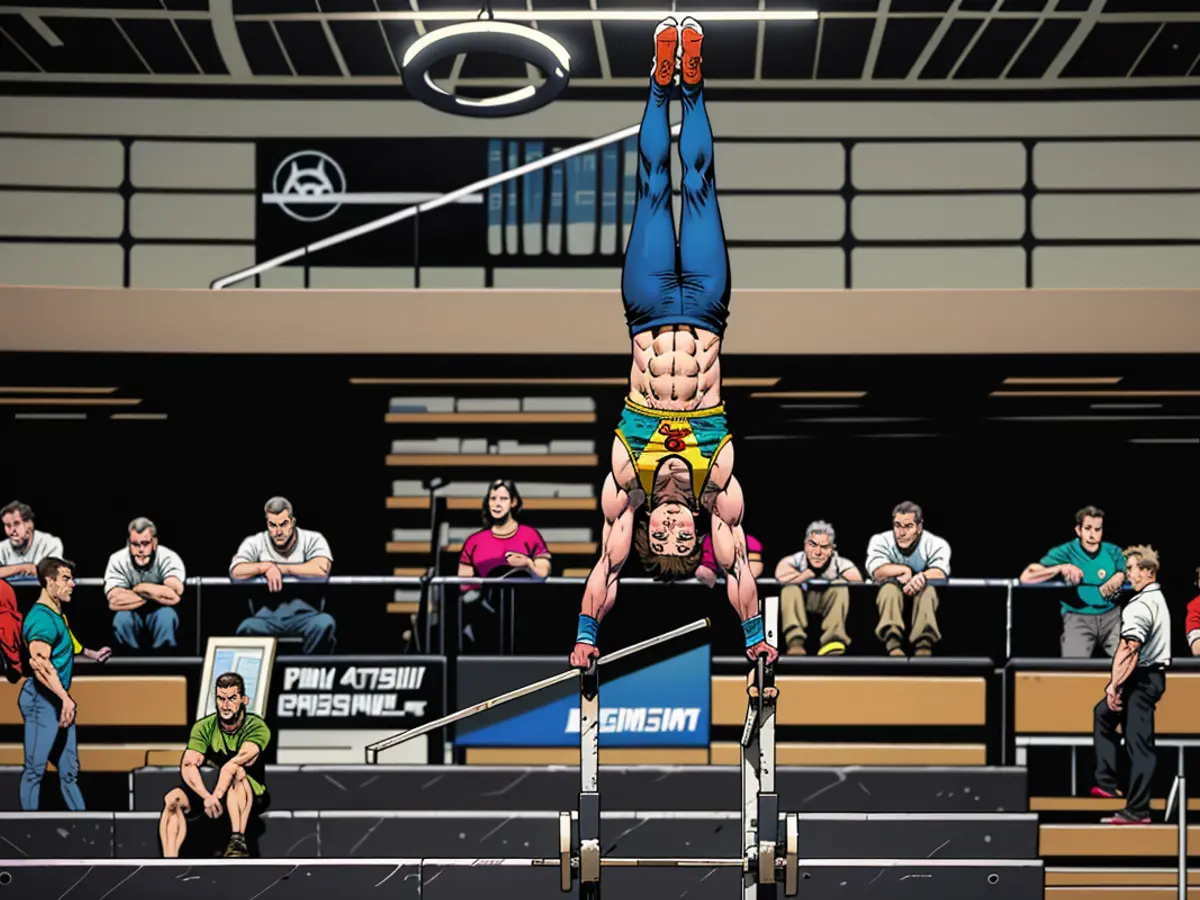
Gymnastics has a history of relying on private organizations separate from schools since many gymnasts begin competing in clubs when their schools do not offer the sport. NIL deals stem from an NCAA policy change in 2021, allowing student-athletes to profit from sponsorship opportunities.
Payne sees potential in this new era, "I see a place with NIL where there could be some kind of fusion between this private enterprise model and college athletics, and if we are smart and we’re moving in the right direction, which I believe we are, there’s actually a surprising amount of opportunities for gymnastics, where other sports don’t necessarily have that same specialization and that same privatized model in place already."
This potential, combined with the surge in popularity following the Olympics, offers a glimmer of hope for men's gymnastics. Payne is optimistic, "In my coaching career, this is probably one of the most optimistic points for me. We do have something that people are interested in and hopefully, this moment with the Olympics, with the success with whatever cultural buttons Stephen Nedoroscik has managed to push, we can capitalize on that."
Stephen Nedoroscik, a bronze medalist for Team USA in the team event and on the pommel horse, has already made a positive impact on the sport, even if the effects may not be immediately apparent. His hometown gym has seen unprecedented interest from parents looking to enroll their sons, and Nedoroscik has even appeared on the Tonight Show.
Nedoroscik's technical skill is impressive, but it's his personality that has captured the public's attention. From his thick-rimmed glasses to his meditation on the sidelines, to his love for Rubik's cubes, Nedoroscik is an enigma that has intrigued many.
Nedoroscik's college coach, Randy Jepson, sees him as a prime example of the type of student who would thrive in gymnastics. "There are so many boys out there that maybe don't fit into a niche for basketball or football or soccer, and they're maybe a little bit different. They look at life a little differently," Jepson said. "They’re maybe more cerebral and still want to have that athletic opportunity. Gymnastics provides that because it’s so challenging and so exciting and it’s just so fun."
The other coaches CNN spoke to share Jepson's perspective. Gymnastics appeals to a particular type of student, and providing programs at all ages is essential to nurturing their interest. "I saw [guys] that had real potential, maybe not Olympic-level potential, but had real potential to be good gymnasts that stepped away from it because they got to high school and they realized there aren’t a lot of opportunities," Payne said.
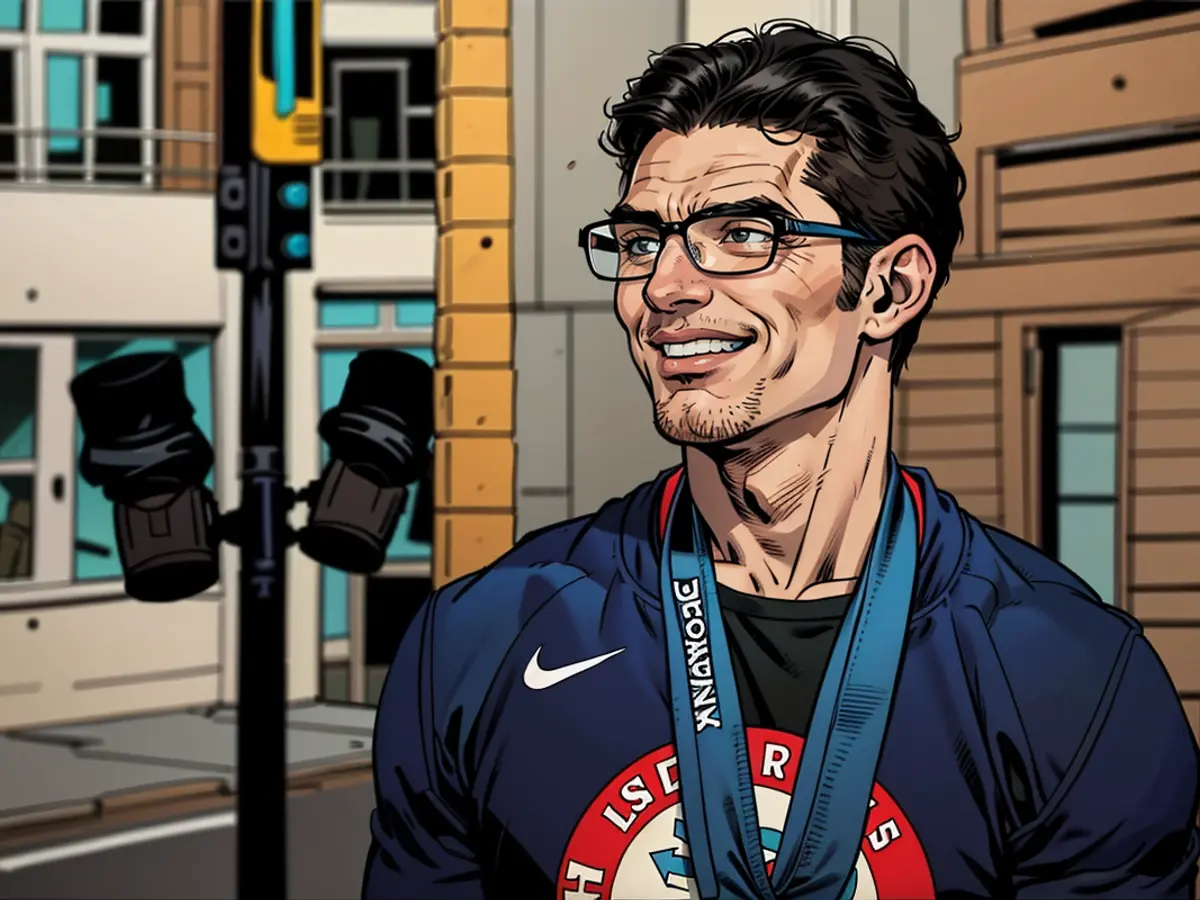
To continue and strengthen the beloved team from the Olympics, there should be avenues available from the youth level to high school, and ultimately, college.
As per Payne, in our field, the Olympics serves as the pinnacle, essentially being the professional level for us.
Many top-notch female gymnasts transition straight into a pro career after high school. Contrastingly, the majority of the US men's national team comprises individuals who are either currently enrolled in college or have already completed their studies. This means that Olympic athletes engage in NCAA meets practically every weekend, providing spectators with a chance to witness their world-class proficiency without having to travel to Paris.
Jepson stressed that the caliber of gymnastics on display at high-level NCAA competitions, including conference championships, is on par with the Olympics.
Despite the rivalry and desire to outperform each other, these teams recognize their shared plight: growing the popularity of our sport.
Greenville University Head Coach Zach Peters shared with CNN Sport, "For men's gym, we seem to be in this collective struggle to expand our sport, and it's progressing wonderfully." He added, "It's rather uncommon for men's gymnastics, and I believe many would be astonished by the camaraderie among the head coaches."
Remarkably, the sport still has substantial potential for growth, and hopefully, its future will be bolstered by Team USA's bronze medal.
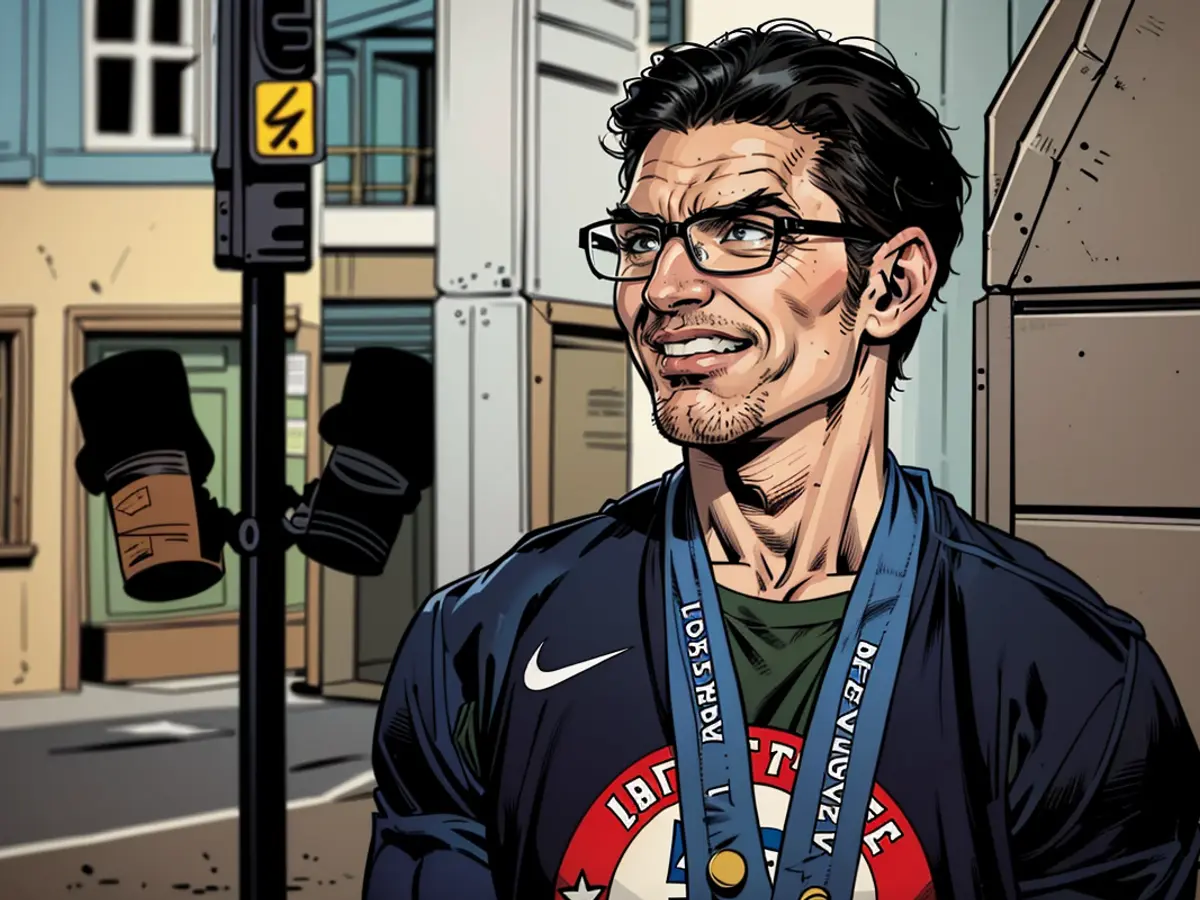
According to Jepson, "The elites are showcasing their skills on the mat every Sunday, and that's what the fans get to witness. They get to enjoy viewing the best of the best during any weekend during the collegiate season."
The influx of new teams in men's gymnastics, such as Simpson College and Greenville University, has revitalized interest in the sport, encouraging more athletes to participate despite being from smaller institutions. The success of these teams, like Greenville ranking higher than established programs, is a testament to the sport's potential growth.
According to Coach Peters of Greenville University, there's a collective effort among head coaches to expand men's gymnastics, with an unprecedented camaraderie and shared goal of enhancing the sport's popularity.
